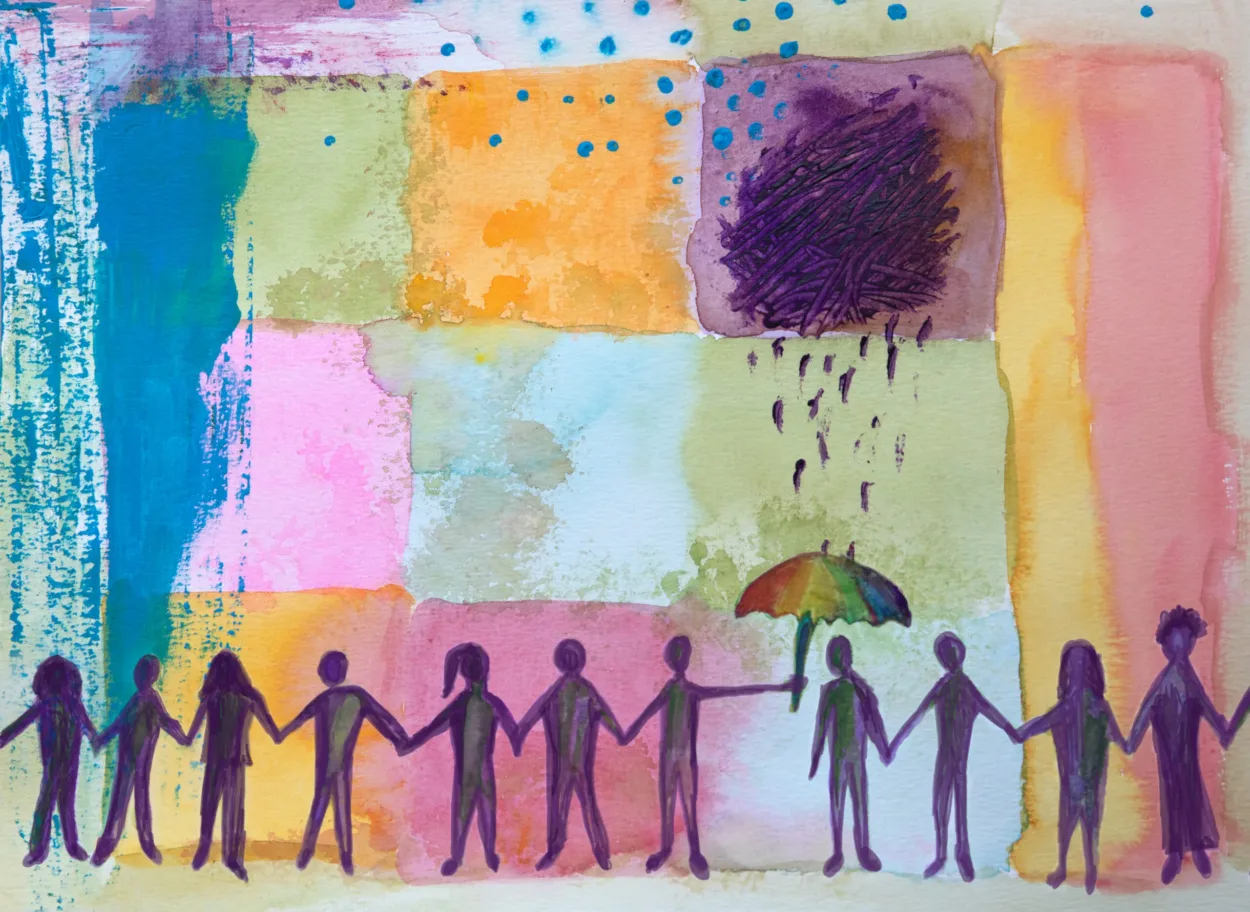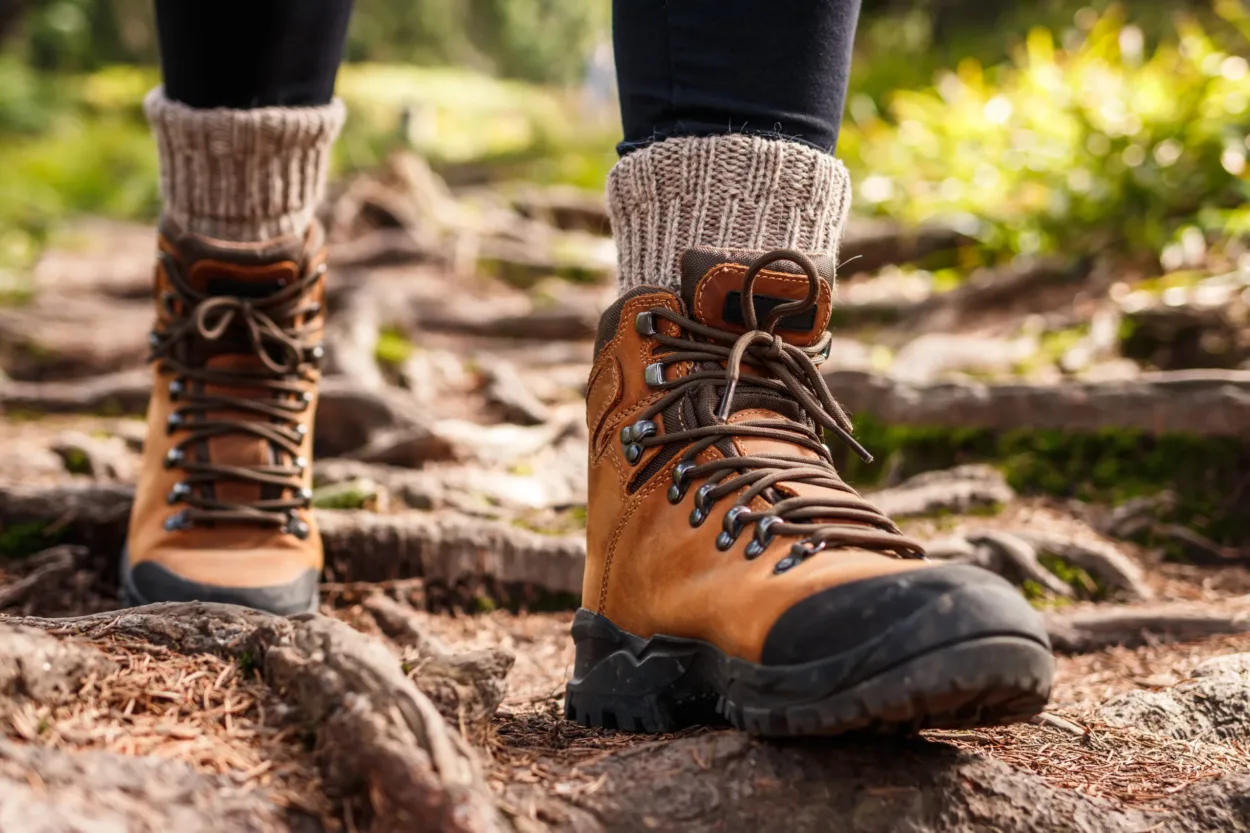
When someone is struggling with a mental health condition, they often have a relatively fragile emotional or mental state (sometimes both) that can be easily triggered.
When someone is struggling with a substance use disorder, the dependence on drugs or alcohol can also make them vulnerable to being influenced into using.
Trauma can act as a trigger for both mental health and substance issues. The severity and generally long-lasting effects of trauma can leave a person reeling, no matter how hard they may try to shove down the feelings of pain.
For men, especially, the tendency to avoid facing and addressing areas like trauma and mental health is predominant, often making their trigger responses all the more frequent or intense.
Understanding these trauma response behaviors and how it can affect one’s actions, like using substances to cope, is vital for overcoming that traumatic event and essential for becoming your best self.
What is trauma?
In case your traumas have ever been invalidated we’re going to remind you exactly what trauma is.
A trauma is an intense or disturbing event (singular or recurring) that has a profound impact on a person’s emotional, psychological and physical well-being. Due to the often deeply distressing element of traumatic events, a person’s level of trust and sense of safety is often broken to some degree, even with friends and family members they love dearly.
Trauma can affect people in a variety of ways ranging from—intrusive memories and emotional detachment to post-traumatic stress disorder (PTSD), self-harming behaviors and worse.
When someone is suddenly reminded of their trauma i.e. through a specific smell, phrase or encounter and they have a dramatic response or reaction, they’ve been “triggered.”
What is a trigger response?
A trigger response refers to the emotional or behavioral reaction a person elicits after being reminded of a past traumatic or otherwise distressing event. These responses can range in symptoms and intensity depending on—what the traumatic event was, the kind of trigger and the individual’s level of self-awareness and emotional regulation.
Trigger responses are highly individualized and can affect people differently, but can induce symptoms such as:
- Anxiety
- Anger
- panic attacks
- Irritability
- Shutting down emotionally
Triggers can vary, ranging from internal factors like memories and emotions to external stimuli like specific sounds, smells, visual cues, certain events and social interactions.
Even trauma itself can be a trigger.
Trauma response behaviors
Someone who is already struggling with mental health or substance use issues can be one crisis away from digging themselves even deeper into their suffering.
When one of these individuals experiences a traumatic event, it often either triggers the development of a new mental health or substance use disorder or exacerbates the symptoms of pre-existing conditions.
Anger rises faster, depression hits heavier, drinks are poured more often, cigarettes or drugs are used more frequently — ignoring or avoiding our traumas might feel like the easier route, but it only increases the weight of the pain in the long run.
Equip yourself to heal today
Rehab After Work specializes in providing outpatient drug and alcohol rehabilitation to adults who are seeking to reclaim their health without putting the rest of their lives on hold.
You have a lot of responsibilities in your life, and we believe you shouldn’t have to choose between recovery and maintaining the other areas of your professional and personal life. Reaching out might not feel like the most natural course of action, but we’ve made it easy.
We’ll equip you with the tools, resources and skills you need to not only recover in the short-term but build the best version of yourself and your life in the long run.
Send us a message or call us directly to get started today.




